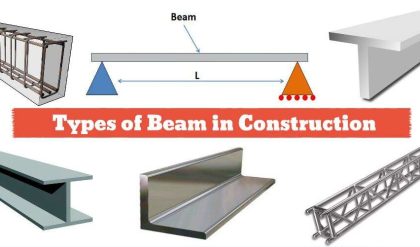The beam is probably the most useful constructional unit which the modern engineer has at his disposal. It is, therefore, very necessary that he should be fully acquainted with all its properties and with its behaviour under all kinds of loading. Thanks to early investigators and mathematicians, it is possible to calculate the bending and shear stresses in beams of symmetrical section with a fair amount, of accuracy. Under cerfain conditions, however, it becomes necessary to consider the elastic ability of a
beam or of its various parts. Sometimes it is found that the web is too thin and will fail by buckling, or that the flanges have not sufficient resistance against wrinkling and, where there is not sufficient lateral support, a long beam may collapse wholesale by lateral buckling. It thus appears that a study of the elastic or secondary causes of failure is necessary before a complete mastery of the subject can be obtained. This paper deals merely with the lateral stability of beams, but it is not intended to give a complete account of all problems arising out of this subject. An attempt, has
been made to put forward some known facts and theories most of which are the result of
other peoples’ researches: and to apply the results as far as possible to practica1 working conditions.



